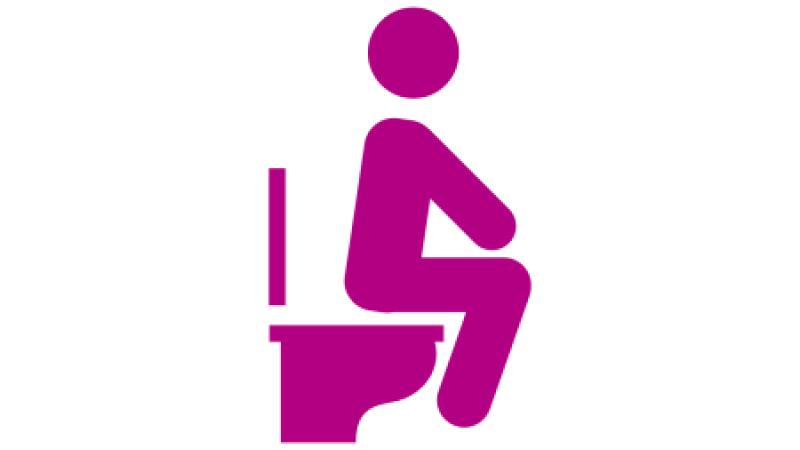July 30, 2020

#Poop4Science has launched! Or, if we’re being official, “Crowdsourcing of Stool Images for Algorithm Development” - a research study led by Sonia Grego, PhD, Director of the Duke Smart Toilet Lab and Deborah Fisher, MD, Associate Professor of Medicine in Gastroenterology.
The study aims to solicit images of human feces from the public to train a machine learning algorithm that will classify the physical characteristics, or appearance, of stool as a clinician would.
The target is an ambitious 5,000 images. The goal is to create an algorithm that could one day identify the early onset of gastrointestinal illness and disease, and in order to do so, the team needs a robust and diverse dataset that represents the full range of the Bristol Stool Scale – from constipation to diarrhea.
The algorithm will be one part of the Smart Toilet, a project Grego leads to turn the toilet into a hands-free sampling device that does not require users to change their behavior. And with increasing interest in wastewater analysis brought about by COVID-19, Grego believes the project is timely. “We know that feces are data-rich,” Grego says. “What we don’t yet know is how to quickly, easily, and consistently sample stool to leverage this data. Our Smart Toilet aims to make that possible.”
For Fisher, the project provides an opportunity to help the many who suffer from gastrointestinal illness and disease. "Many people have difficulty providing stool samples for testing," says Fisher. "It is inconvenient, messy, and off-putting. Ultimately, 'flush it and forget it' removes these barriers.This specific pilot project will help overcome the problem that many people, patients, and clinicians have, which is that they do not accurately describe stool, resulting in misleading or inaccurage information needed for diagnosis."
Joining the Smart Toilet Lab team this summer are two Duke University students: Jin Zhou, a first-year Ph.D. student majoring in Electrical and Computer Engineering and Nick DeCapite, a junior studying Electrical and Computer Engineering and Computer Science; and Peter Coggan, a rising sophomore at Case Western Reserve University majoring in Biology. Jose Ruiz, MD, a Duke gastroenterology fellow, also joined the research team and will work with Fisher to evaluate and annotate the stool images.
Zhou and DeCapite are focused on stool image analysis and developing the machine learning algorithm, while Coggan tests various sensors that can differentiate urine from feces.
“It’s exciting to work with a multidisciplinary team on a project which will potentially benefit individual healthcare,” says Zhou.
And although COVID-19 has separated the team physically, daily check-ins and a weekly journal club keep everyone on the same page.
“This is the first research team I have been a part of and it has been fascinating,” says DeCapite. “It is amazing to hear the different areas each member of the team is working on at the daily standups.”
For Coggan, a returning WaSH-AID intern, the benefits of remote work are a bit more tangible.
“Remote research has been a very interesting shift with a few unforeseen setbacks,” says Coggan. “At least my room doesn’t smell like feces, something I had to adjust to while working in the lab last summer.”
The image upload process is secure and anonymous and open to any resident of the U.S. who is 18 years of age or older. Whether you subsist on junk food or raw vegetables, your poop can help. Just don't drop your phone into the toilet.
Study details can be found here.
